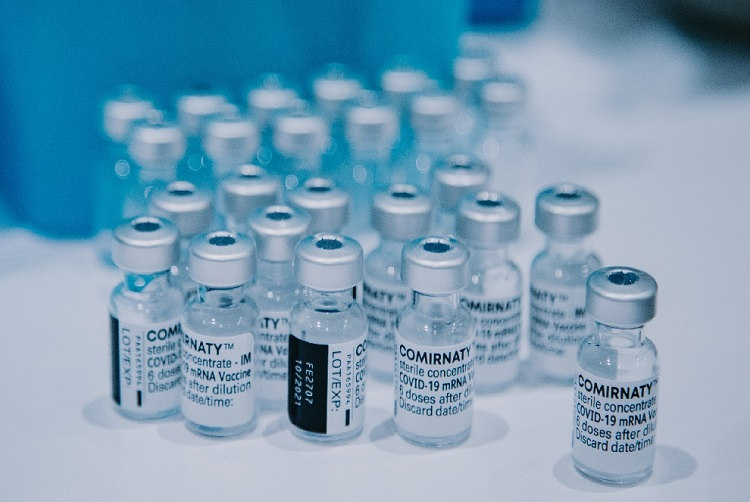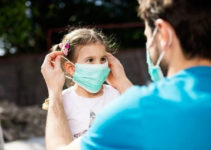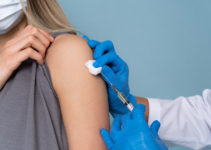Dr. Eric Topol, the founder and director of the Scripps Research Translational Institute has come forward. He had said in an interview that was published Sunday that it is eminent that up to 90% of all Americans may need to have to be vaccinated by the Covid 19 vaccine in order to end the COVID-19 pandemic.
This seems like a reasonable thing to say and the real question that arises out of it is that whether 90% is going to be enough or are people going to need more than 90% of the vaccinated rate in order to stop the pandemic? Well, that seems to be a fair question but the answer is not been given clearly.

Tom McCarthy, who is known as the head of the Rhode Island Department of Health COVID Response Unit, had also said the same thing in a statement. He also made the same statistics and put the number at about 90%. He said that in order to get rid of the delta variant and fight against it, 90% of the people must get the vaccines.
Dr. Anthony Fauci, head of the National Institute of Allergy and Infectious Diseases. He told the news in an interview which was later also published in December that between 70% and 90% of the U.S. population would need to get vaccinated. He said that vaccination is very important for gaining herd immunity. Herd immunity means when the major population of the country becomes immune to the virus. That seems like a very reasonable thing to do in such a situation.
Many health officials in USA agree with the statement and as we know the vaccination drive is still going on full force. People are getting vaccinated every day and that is good news. There is even the third shot of vaccine or booster shots being given in order to restore the immunity of the elderly and the vulnerable people. We hope that things and situations will become better in the future. We will definitely keep you updated.


